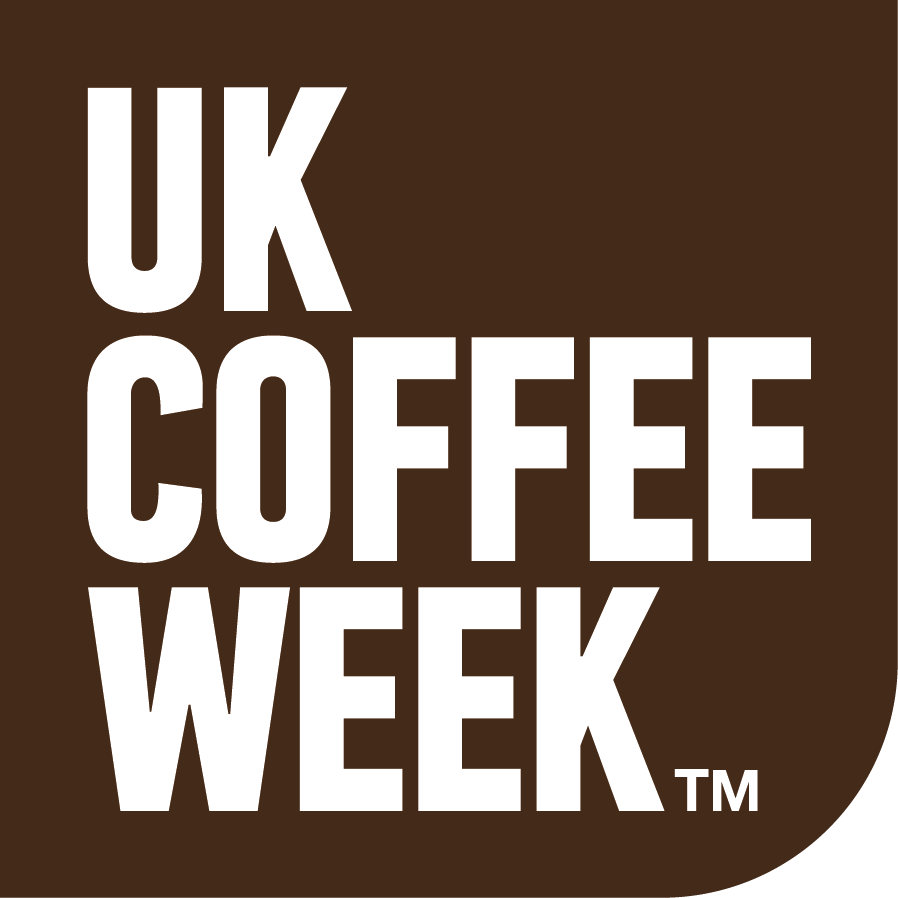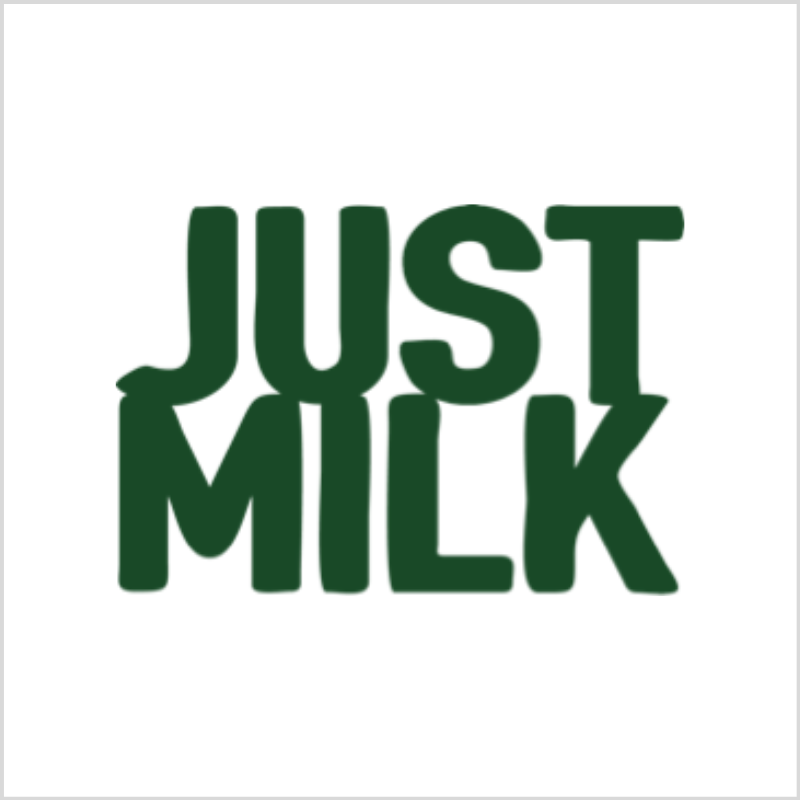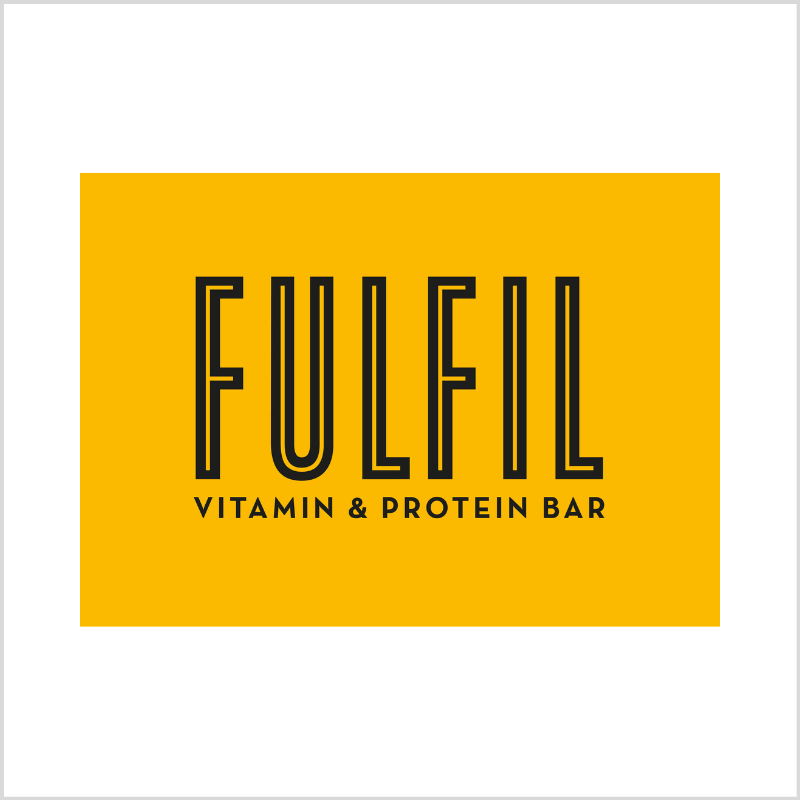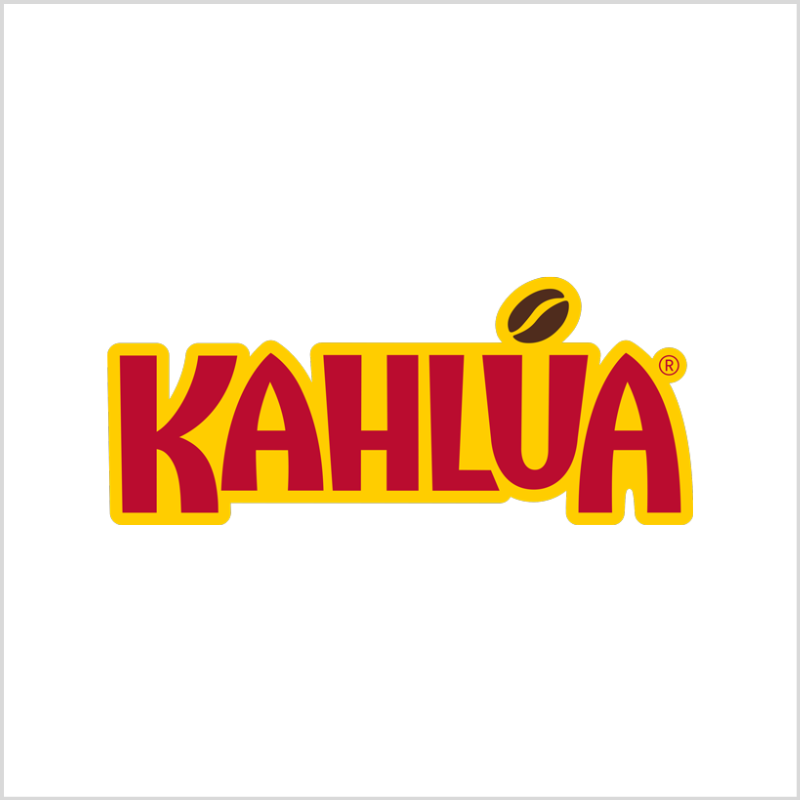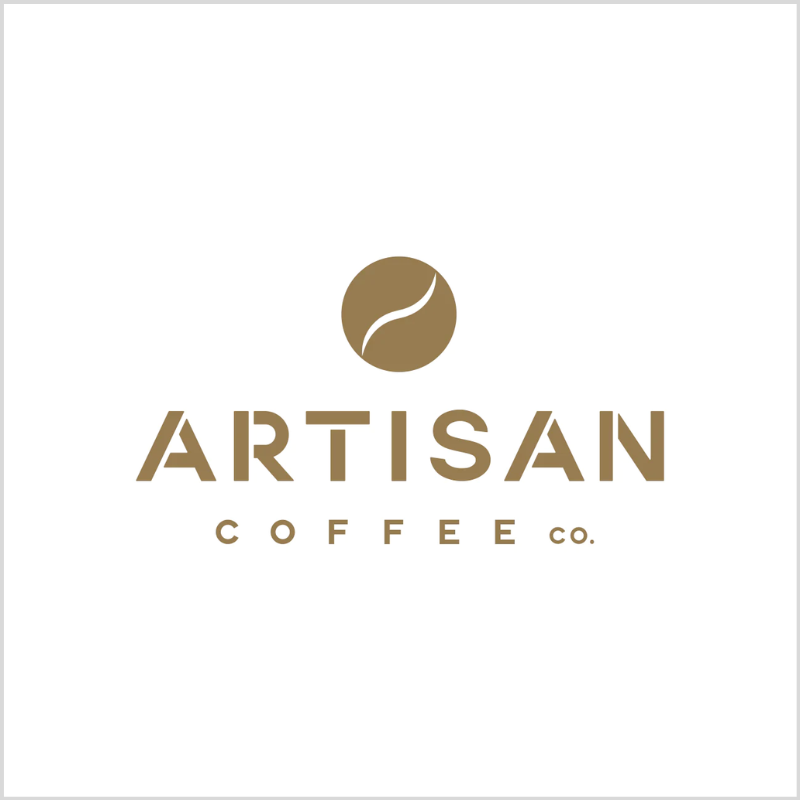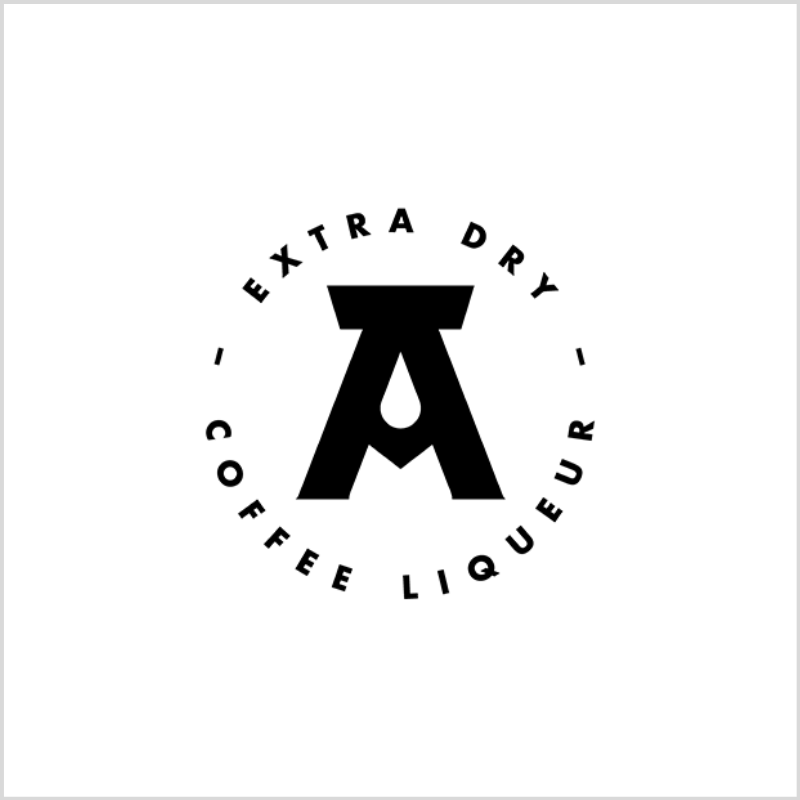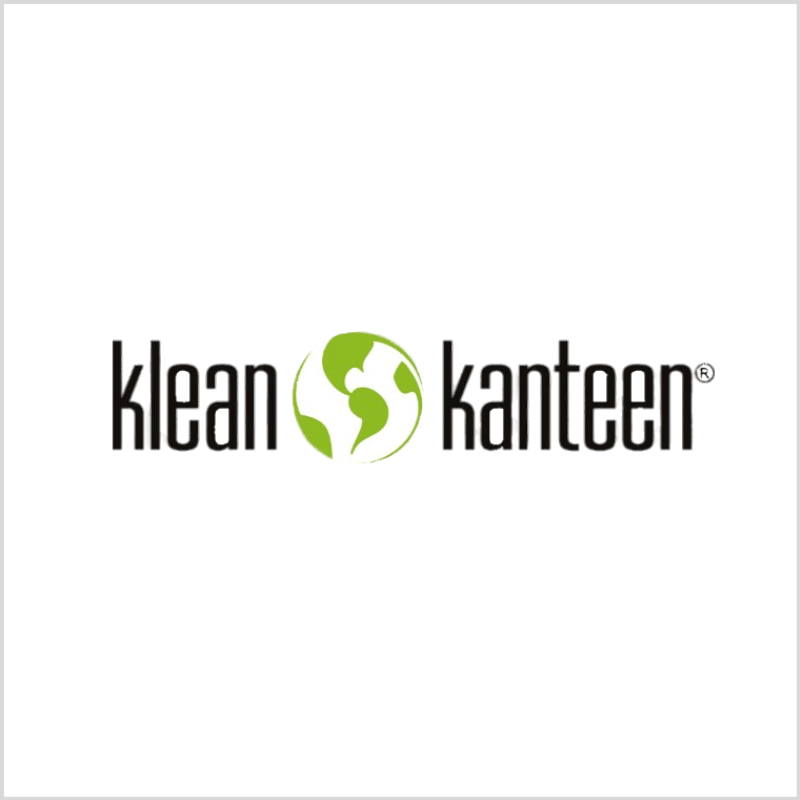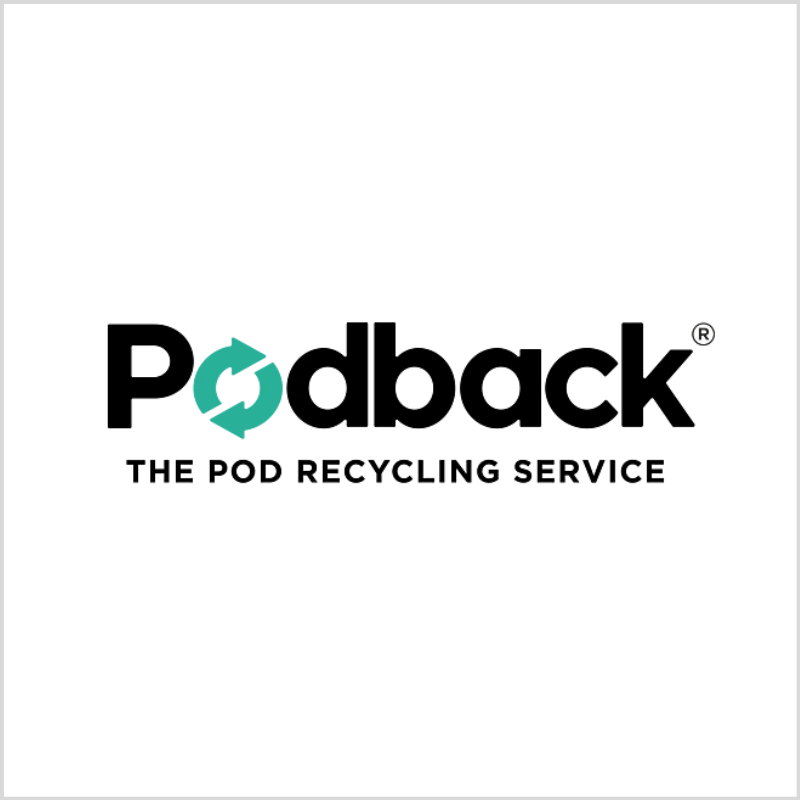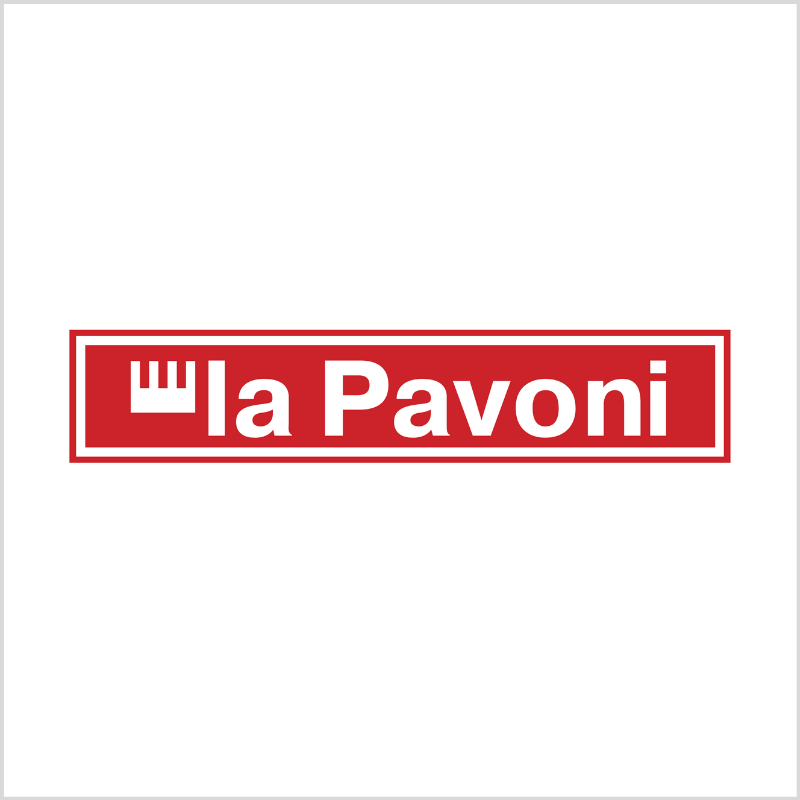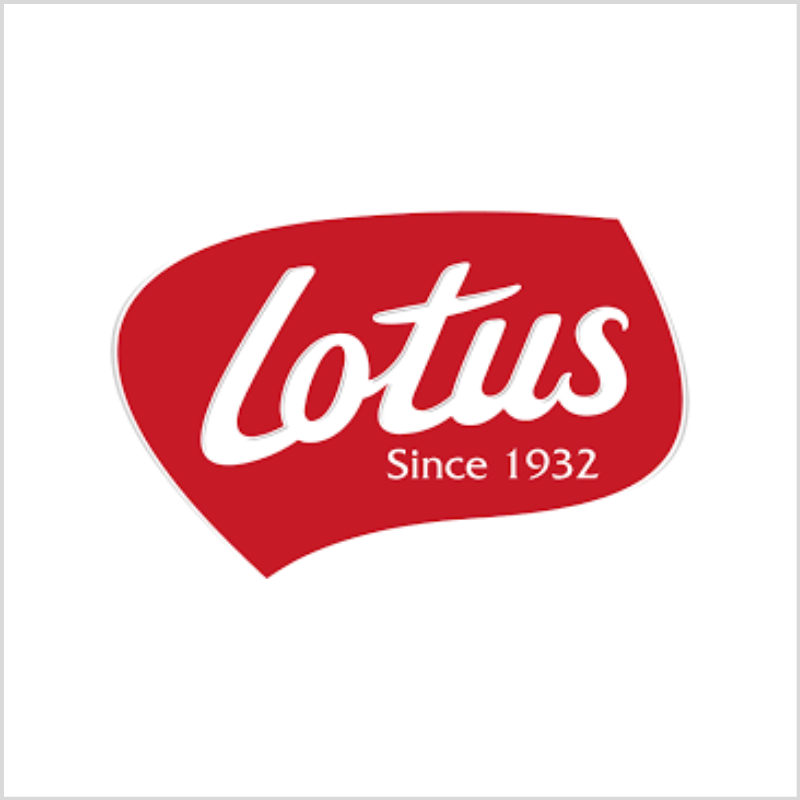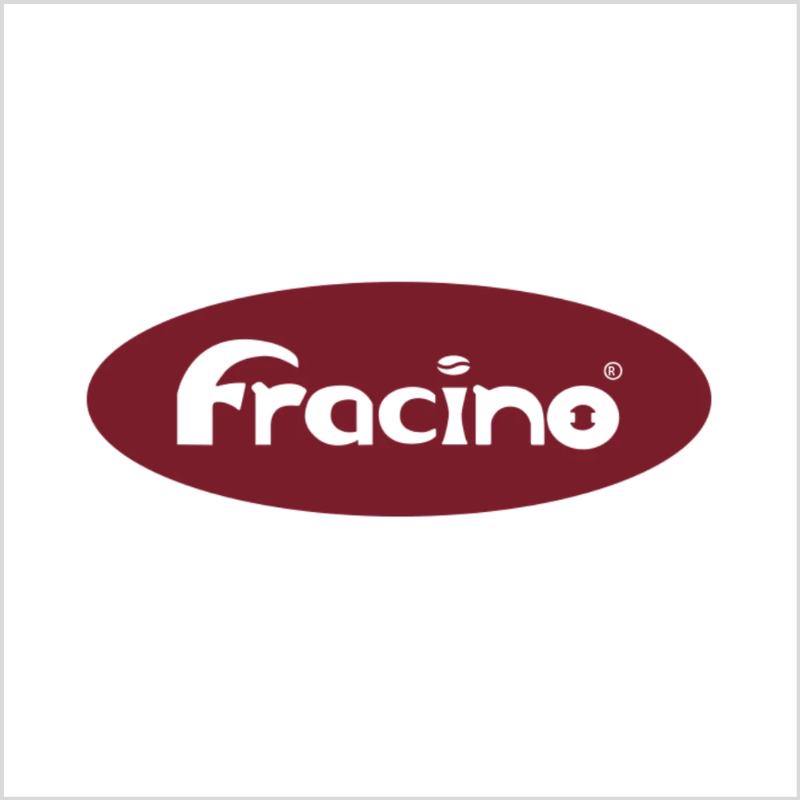Working in Partnership
At UK Coffee Week and Project Waterfall we believe working with government, particularly at a local level, is essential in providing the community with exactly what it needs and to ensure the projects we work on are sustainable.
In 2006 the Ethiopian Government made a commitment to improving WASH (water, sanitation and hygiene practices) across the country, which became the foundation for a new framework and its ambitious One WASH national programme, launched in 2013. This programme brings together ministries and development partners to provide universal access to water and sanitation in Ethiopia by 2020.
Currently, the Government is implementing this transformation plan, which gives priority to climate resilient WASH to ensure sustainability. However, the implementation of these policies and strategies is very low in Jabi Tehnan Woreda, due to poor understanding and a lack of capacity. Therefore our current project will contribute to strengthening policy practice and will generate evidence which will be used to improve the Government’s WASH policies and strategies.
People of Agomamit village just built a small bridge that connects them to the market. Agomamit, Jabi Tehnan. WaterAid/ Behailu Shiferaw
Project Planning
As part of the initial planning procedure, a team of people were sent to review the current facilities in all the Kebeles (areas), enabling us to provide a project plan that would best suit the Jabi Tehnan Woreda and restore its WASH, water supply and sanitation systems to their full capacity. Health institutions and schools had been without clean water for over six years as a result of poor installation of the system.
The latrines at the Woynima Kebele Health Centre, for example, are very basic and unfunctional (see images below). These are used by patients to the centre, including mothers after delivery. Old latrine blocks at the Health Centre have fallen into disrepair and can no longer be used.
After the initial scope of the village, a workshop took place in December 2018 where 36 key stakeholders agreed what is best for the community; including WASH prioritisation, which will indirectly improve the lives of 21,324 people through influencing and instilling behaviour. It was also agreed that the project would provide 7 more of the 11 health centres with clean water, to prevent treatable sanitation related illnesses .
We are thrilled to have set such important goals for the future and are looking forward to completing them by 2022.
Photo: Project team
Photo: Project team
“ Water is life ”
Ageyehush Kkahin, approximately 70, a coffee farmer who lives with her granddaughter in Mankusa, Jabi Tehnan. WaterAid/ Genaye Eshetu
Title image: Alemnesh Yigzaw, 15, collects clean water from the new water point in her village. Anga Mesk sub village, Kuranza, Dembia, Amhara. WaterAid/ Behailu Shiferaw
Find out what we’re achieving together in the next issue in our ‘Transforming the lives of coffee producers in Ethiopia’ series.
